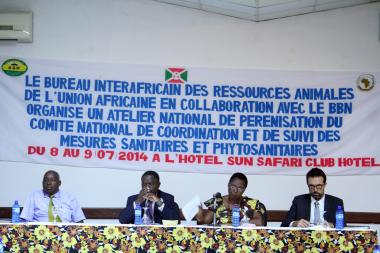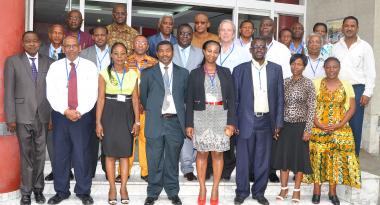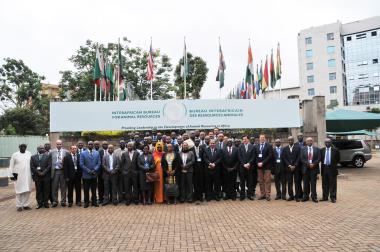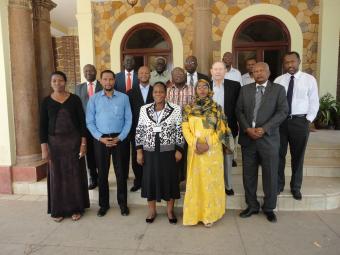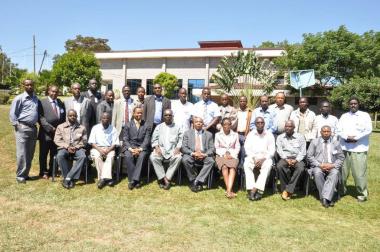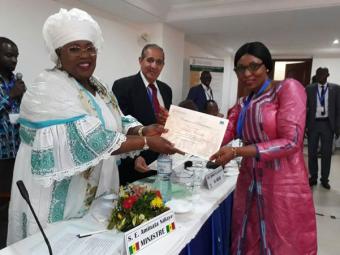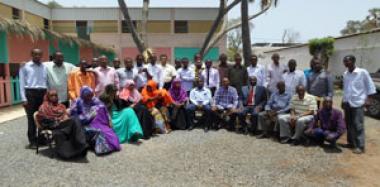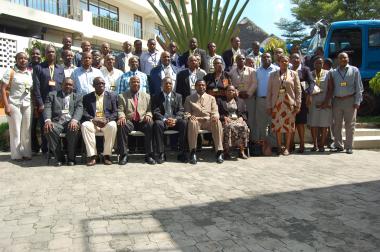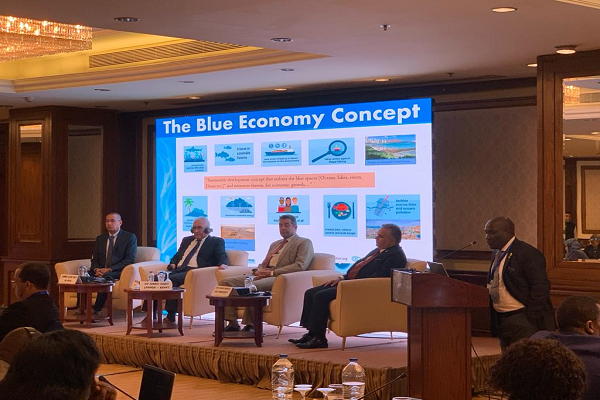
From the 27th to the 30th of December 2023, the Regional Consultative Meeting for the Formulation of Regional Blue Economy Strategies for the Arab Maghreb Union (UMA)/North Africa and the Community of Sahel–Saharan States (CEN–SAD) took place in Cairo, Egypt. Organized by AU-IBAR with support from the Kingdom of Norway, the workshop aimed to define priority issues for the development of regional blue economy strategies, ensuring that the unique challenges and opportunities of the UMA/North Africa and CENSAD regions were addressed. The meeting sought to encourage stakeholder involvement for the development of strategies that would be regionally owned and implemented.
The meeting brought together 67 participants from various entities, including selected AU Member States in the UMA and CENSAD regional economic blocks, representatives of relevant organizations, experts, and consultants.
Objectives of the Workshop:
The workshop aimed to achieve the following objectives:
• Identify priority issues, challenges, and actions for the development of regional blue economy strategies.
• Establish blue governance and coordination mechanisms at regional and national levels.
• Gather inputs from stakeholders to refine key thematic areas in developing the regional blue economy strategies.
• Create awareness, build capacity, and share best practices in applying the Blue Economy concept in UMA/North Africa and CENSAD.
Opening Session:
Moderated by Mr. Obinna Anozie, the opening session featured remarks from key figures, including the Director of AU-IBAR, representatives of UMA and CENSAD, the president of Suez University, and the representative of the Minister of Fisheries in Egypt. Emphasis was placed on collaboration, knowledge sharing, and the significance of the regional blue economy strategy.
Technical Sessions:
Technical sessions were conducted, addressing the Africa Blue Economy Strategy (ABES), its implementation plan, governance coordination framework, and case studies of regional blue economy strategies in other Regional Economic Communities (RECs).
Emerging Issues:
Several critical issues emerged, ranging from traditional fishing practices in Mauritania to the need for a balanced inclusion of coastal and landlocked countries in the blue economy. Attention was drawn to the importance of aquaculture, governance frameworks, and the integration of agriculture in blue economy strategies.
Parallel Sessions:
Afternoon sessions involved separate working groups for CENSAD and UMA, where lead consultants provided background presentations, and countries shared overviews of their blue economy situations, emerging issues, priorities, and anticipated actions.
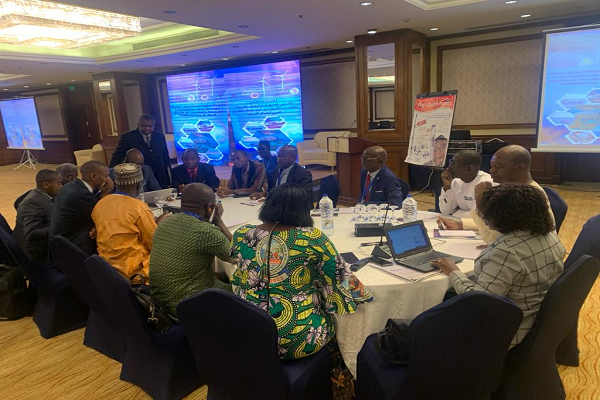
General Recommendations:
The meeting concluded with general recommendations for all sectors, emphasizing the importance of a unified definition and frame of reference for the blue economy, decisions based on scientific information, attention to research and capacity building, comprehensive and sustainable management methods, defined roles and responsibilities, and support through regional and national organizations for effective implementation of blue economy strategies.
The consultative meeting served as a crucial platform for dialogue, collaboration, and the formulation of strategies to harness the potential of the blue economy in the UMA/North Africa and CENSAD regions. The outcomes of this meeting will undoubtedly contribute to the sustainable development of these regions and provide a blueprint for future endeavors in the realm of the blue economy.

